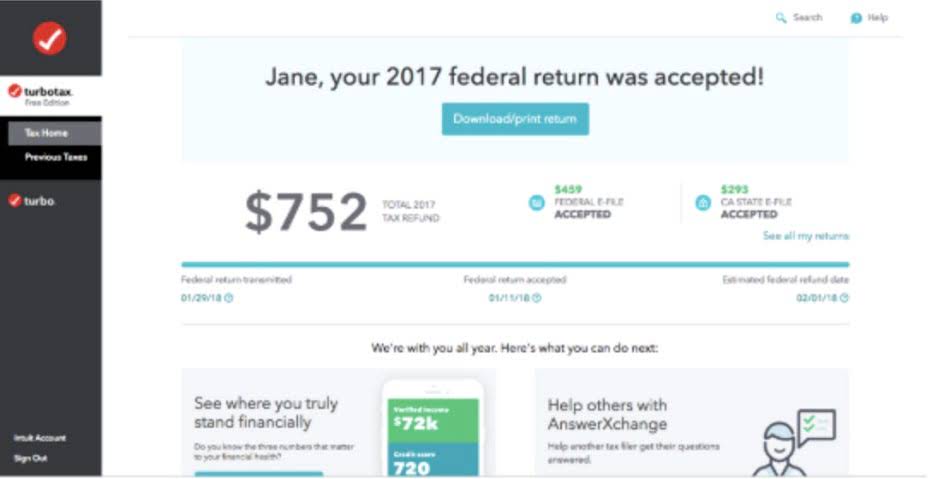- اتو لوله سبز
- اره پروفیل بر
- اره عمودبر (اره چکشی)
- اره فارسی بر
- اره گرد (اره دیسکی)
- اره مویی
- اره میزی
- اره نواری (گوشت بری)
- اره همه کاره (افقی بر)
- ابزار چندکاره
- بالابر برقی
- بتن ساب و موزایک ساب
- بکس برقی
- پیچگوشتی برقی
- پیستوله برقی
- بیسکویت زن
- چکش تخریب
- دمنده/مکنده (بلوور)
- دریل بتن کن
- دریل ساده (سرکج)
- دریل ستونی
- دریل ضربه ای/چکشی
- دریل مغناطیسی (مگنتی)
- دریل نمونه بردار (کرگیر)
- دستگاه جوش
- رنده و فرز نجاری
- سنباده برقی
- سشوار صنعتی
- سنگ دوطرفه (چرخ سنباده)
- سنگ و پولیش
- شیارزن و مرمربر
- فرز مینیاتوری
- فرز انگشتی
- میخکوب و منگنه کوب
- مینی سنگ
What Is Bookkeeping? Definition, Tasks, Terms to Know
Your Intuit Certified Bookkeeping Professional badge can be used to show any employer or client that you have an understanding of bookkeeping and accounting. It also opens up the possibility of becoming Food Truck Accounting a remote QuickBooks Live bookkeeper with Intuit. Learn about bookkeeping, typical responsibilities, how to become a bookkeeper, and remote bookkeeping opportunities with Intuit’s QuickBooks Live in the U.S. Good bookkeeping is necessary to have the financial information you need to make sound business decisions.
Additional Duties – Bookkeeping Duties
Here, the respective individual or accountant manually enters the account numbers and performs individual action of debits and credits for each transaction. This approach is time-consuming and subject to error, and so is usually reserved for adjustments and special entries. A bookkeeping course can teach you the basic knowledge to prepare financial reports, organise data using tools like Microsoft Excel, or understand how to balance books. Companies of all sizes need accounting assistance, including multinational corporations and small businesses. Bookkeepers can help these businesses keep accurate accounting records and increase efficiency. Use this guide to answer the question, “What does a bookkeeper do?” while exploring relevant professional duties and career paths.
Education and Certification Requirements
Often, office management tasks recording transactions like customer billing, paying vendors and payroll are considered to be bookkeeping tasks. Although accounts receivable, accounts payable and payroll do impact your books, some of these tasks can be managed by a person in your company other than your bookkeeper. Others, like payroll, can be outsourced to independent companies that specialize in the task.
- Generally, bookkeepers focus on administrative tasks, such as completing payroll and recording incoming and outgoing finances.
- Enrolling in a certificate program may be the best option for aspiring bookkeepers with bachelor’s degrees in another field who want to add this skill set to their toolkit.
- Whether you outsource the work to a professional bookkeeper or do it yourself, you’ll be able to reap a variety of benefits.
- In some countries like the Middle East (UAE, Saudi, Bahrain etc) the calendar year is used as an accounting period i.e. 1st January to 31st December.
- Therefore, there are often opportunities opening up for in-house bookkeepers, remote bookkeepers, or freelance bookkeepers.
- However, the most revolutionary milestone may have occurred in the 1400s when an Italian mathematician named Luca Pacioli published on the topic of double-entry bookkeeping.
Principles of Taxation (PTX)
Now one bookkeeper can manage the bookkeeping for several businesses in fewer than eight hours a day. “Accountants take the financial data and analyze it to help organizations make financial decisions.” For example, bookkeepers record and manage an organization’s chart of accounts, while accountants complete financial tasks that require more complex analysis. In their roles, accountants forecast performance, provide financial advice, conduct audits and prepare tax returns and typically hold bachelor’s degrees, according to BLS. Whether it’s updating your books or keeping in contact with your tax adviser, maintain your business’s financial records and expenses throughout the year. That way, you can be well prepared when it’s time to file taxes with the IRS.
Specializing in a career field can help to set you apart and lead to career stability and longevity. You can also expect to take on more advisory and analytical roles as bookkeeping becomes more automated. According to 81 percent of CBs who interviewed for a new job after becoming certified, having a certification contributed to getting the interview 3. A certified bookkeeper designation, qualifies you to perform all critical functions through the adjusted trial balance and basic payroll for small to medium-sized businesses. Bookkeeping is a crucial function of accounting, and earning a bookkeeping certification is a great way to show employers your expertise. While a certificate is not a requirement to become a bookkeeper, some professionals pursue certification to show their skills to employers and stand out in their job search.
Without any hiccups or last-minute scrambles, you’ll be able to enter tax season confidently. Handling accounts payable involves ensuring that the company’s bills and invoices are paid on time, which helps maintain good relationships with suppliers and creditors. Managing accounts receivable includes tracking incoming customer payments, following up on overdue invoices, and ensuring the company receives the money it owes. Efficient management of these accounts is vital for maintaining cash flow and financial stability. Bookkeepers are crucial in documenting all financial transactions, maintaining the general ledger, reconciling accounts, managing payables and receivables, and preparing financial statements.
Better tax preparation
Some accountants or CPAs handle both bookkeeping and accounting services. Some people use the terms “bookkeeping” and “accounting” interchangeably, but these professionals perform different jobs requiring different what is a bookkeeper skill levels. Bookkeepers handle basic, day-to-day management of a business’s finances.
Understanding this job’s scope and the tasks accompanying it will help you decide if it’s a good fit for you. Their work plays an important role in the operation of a successful business, which can have very many transactions in a single day, let alone a week, month, fiscal quarter, or year. Bookkeeping plays a very important role in how an organization operates. Every business deals with money, and keeping accurate records of all transactions is crucial to its smooth functioning. All Financial transactions undertaken by a business entity are posted in ledgers using the information from receipts and other documentation.









